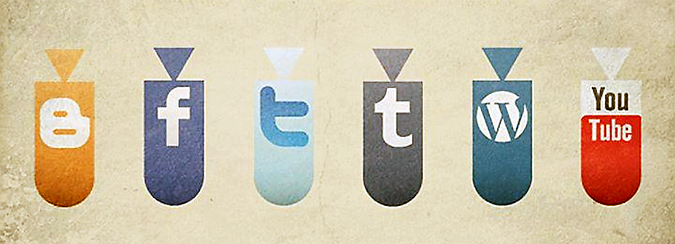Years ago, I made a small name for myself through blogging about social media and tweeting pretty much anything that I could find on Reddit. I got to the point that I was getting a fair number of job offers, as well as just a lot of praise, so what did I do? I blogged and tweeted more. It got to the point that I would be out with my friends or family and spend most of the time on my phone because I knew that, if I blogged and tweeted more, I would see more progress. Even when I’d walk from one place to another, I’d be glued to my phone.
Unfortunately, I never questioned whether it was the volume of blogging and tweeting that led to my progress or if maybe it was something else like me being a first mover or having the right personality or connections or something else. Had I questioned that, I might have seen the cost-benefit problem that was going on. While I was getting noticed and seeming to move my career along, I missed out on experiences with friends and family. I often wasn’t there when important things happened, and if I was, I was too busy on my phone to really be involved.

This is one of the things that frustrates me about “analytics” the most.
Just because you can A/B test tweeting at 8am vs 9am or emailing on Mondays vs Tuesdays doesn’t mean that the answer tells you anything useful. When we see graphs of the best times to post to Facebook, we have to ask ourselves if the time a post goes live on Facebook has anything to do with its performance. Perhaps, it’s the day of the week, the topic, the phrasing, the thumbnail image, or something else?
One of the most frustrating drivers of this seeming need to A/B test everything is the fact that it’s so easy now. With EdgeRank Checker or PageLever, I can see how my Facebook posts do. With Radian6 or any number of other monitoring tools, I can see how my brand does across the web. With Unbounce and Google Content Experiments, I can see how my landing pages perform, but A/B testing and even performance testing over time does not give us science fact. It simply gives us more questions.
If I blog and get job offers, do I get more offers when I blog more? If so, did I get more offers because I blogged more or because of the topic or time that I published or something else?
If you email your donors with a blue template and get more donations, was it the blue template or something else that cause the increase in donations?

This is not to say that you shouldn’t invest in analytics.
You should, but you should invest in analysis that means something and people that ask the right questions. Just because someone knows how to gather a million tweets on political topics doesn’t mean they can tell you anything about how the election is going to go. That is one reason that I trust people like my friends at Analytical Ones or the folks at Edison Research (the people behind the presidential election exit polls).
Analytics done right helps you make better decisions. Analytics done wrong helps you make decisions… aimless, pointless, potentially harmful decisions.